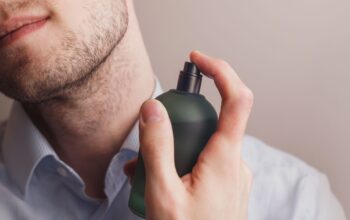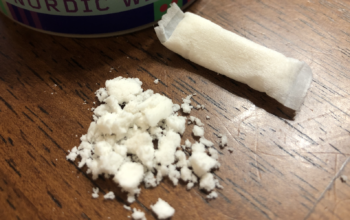The therapeutic potential of cannabis-derived products, particularly THC (tetrahydrocannabinol) tinctures, has gained attention for their purported benefits in managing anxiety and sleep disorders. As an alternative to traditional medications, THC tinctures offer a unique approach to addressing these common health concerns. This article delves into the comparison between thc tincture and traditional medications, exploring their effectiveness, side effects, and overall suitability for individuals struggling with anxiety and sleep disorders.
Effectiveness:
Studies have suggested that thc tincture, the psychoactive compound in cannabis, may have anxiolytic and sedative properties, making it a potential candidate for alleviating symptoms associated with anxiety and sleep disorders. THC tinctures, when taken sublingually or added to food and beverages, allow for a controlled and gradual release of the compound into the bloodstream, potentially providing a more sustained therapeutic effect compared to traditional medications.
Traditional medications for anxiety often include benzodiazepines and selective serotonin reuptake inhibitors (SSRIs). While these medications can be effective, they may also come with a range of side effects and the risk of dependency. THC tinctures, on the other hand, may offer a more natural and holistic approach, potentially reducing the need for synthetic drugs with adverse effects.
Side Effects:
One crucial aspect of comparing THC tinctures to traditional medications is the consideration of side effects. Traditional medications for anxiety and sleep disorders often carry a list of potential side effects, including drowsiness, dizziness, and nausea. Additionally, long-term use of benzodiazepines can lead to dependency and withdrawal symptoms.
THC tinctures, while generally well-tolerated, can cause side effects such as dry mouth, increased heart rate, and temporary cognitive impairment. It is important to note that individual reactions to THC may vary, and finding the right dosage is crucial to minimizing adverse effects.
Suitability:
The suitability of THC tinctures versus traditional medications depends on various factors, including the individual’s medical history, lifestyle, and personal preferences. While traditional medications may be the preferred choice for some due to their established efficacy, others may be drawn to THC tinctures for their perceived natural and plant-based properties.
THC tinctures offer a promising avenue for individuals seeking alternative treatments for anxiety and sleep disorders. The comparison between THC tinctures and traditional medications reveals a nuanced landscape, where factors such as effectiveness, side effects, and suitability play crucial roles in determining the most appropriate course of treatment. As research continues, a more comprehensive understanding of the therapeutic potential of THC tinctures may emerge, providing individuals with diverse options for managing their mental health.



